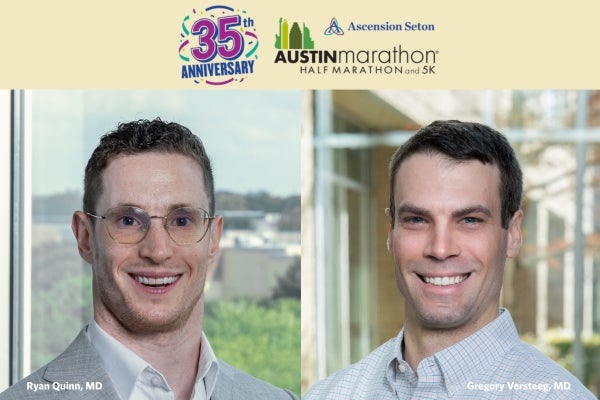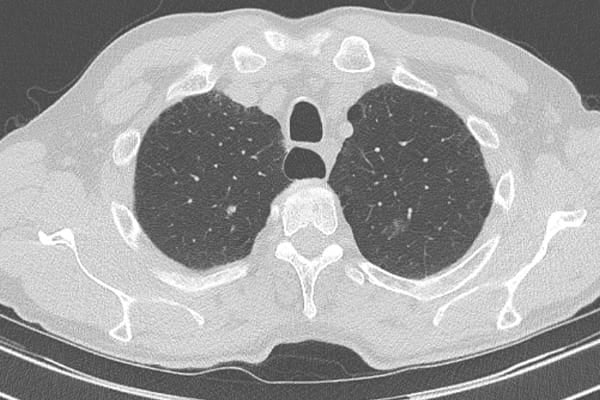Dell Seton Medical Center at The University of Texas
Dell Seton Medical Center at The University of Texas Hospital and ER is a critical care hospital with advanced specialty care services in Austin, TX.
Specialty and emergency care, close to home

Dell Seton Medical Center at The University of Texas in Austin, Texas, is a full-service hospital offering 24/7 emergency care and serving as a Level I Trauma Center for adults. We provide care for life-threatening injuries and illnesses, with Ascension care teams who listen carefully to understand your needs and deliver personalized, compassionate care.
Dell Seton Medical Center at The University of Texas is a destination for specialty care, including heart and vascular health, stroke care, brain and spine conditions, radiology, and neurorehabilitation. The hospital has earned the American Heart Association’s Gold Plus Level Performance Award through the Get With The Guidelines® program for excellence in advanced stroke care.
We offer a wide range of minimally invasive procedures, imaging, laboratory testing, and rehabilitation services—all conveniently located on one campus.
Excellence in surgery and endoscopy
Dell Seton has a wide variety of surgical sub-specialists. Our team approach, experience and surgical technologies help improve patient recovery and overall care. Are you having surgery at Dell Seton? View our surgery guide.
Neurocritical care
Dell Seton Medical Center at The University of Texas has the first dedicated neurocritical care unit in Central Texas. This 30-bed critical care unit is led by board-certified neurocritical care doctors, caring for the most complex neurologic conditions.
Celebrating Nursing Excellence
Dell Seton Medical Center at The University of Texas Hospital is a Magnet designated hospital as awarded by the American Nurses Credentialing Center (ANCC).
Please see our summary of nursing excellence here.
If you are experiencing a life-threatening medical emergency, go to the nearest ER or call 911.



